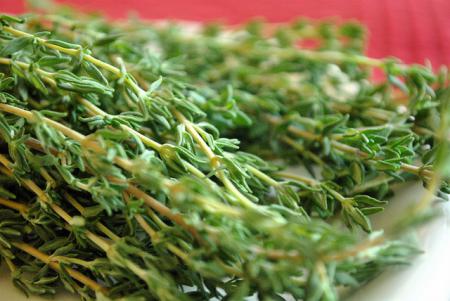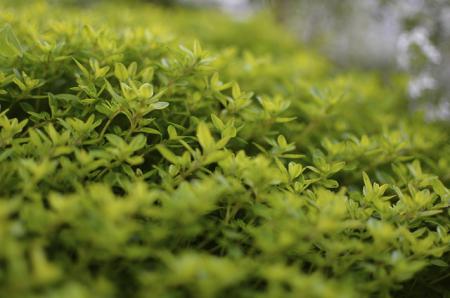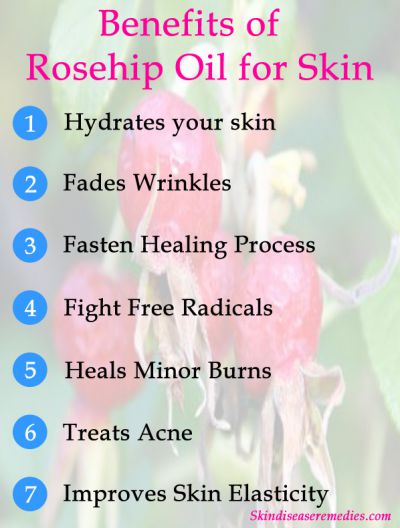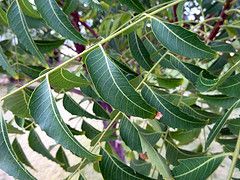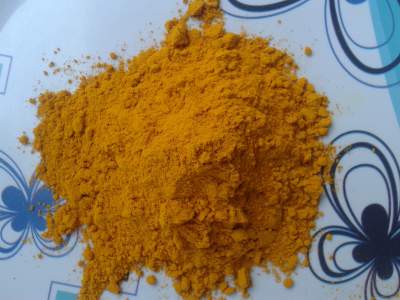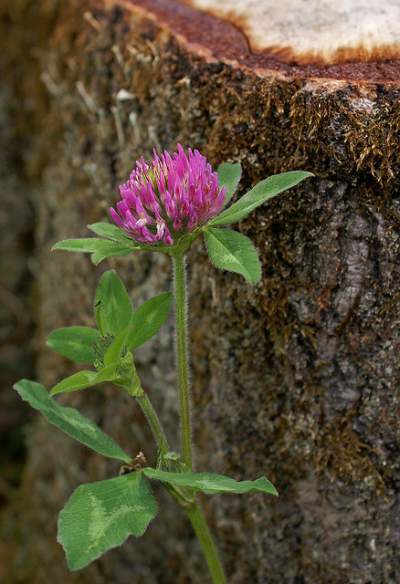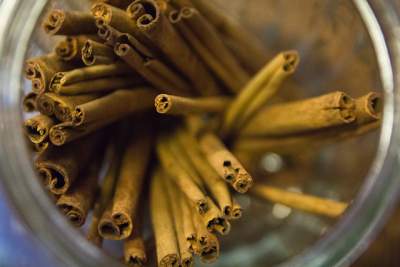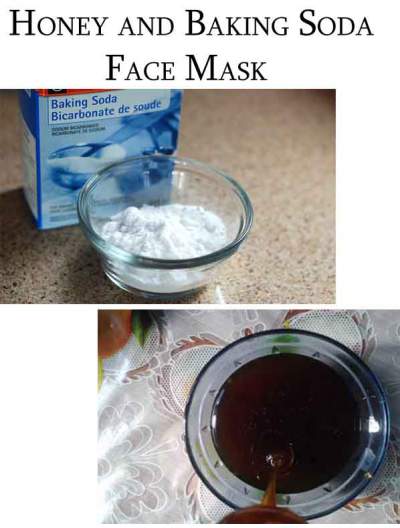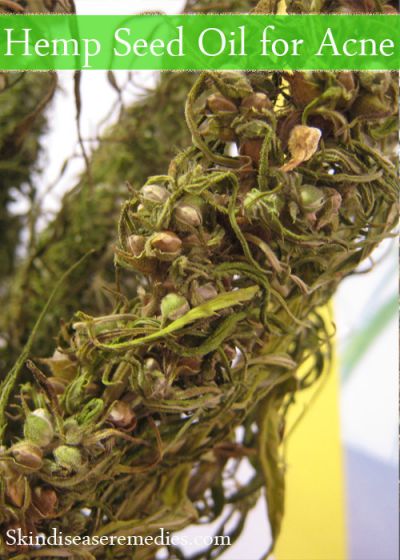
Acne is the most common cosmetic problem faced by many teenagers. Most of them ignore, while others turn to chemical incorporated creams that can irritate the skin.
Fortunately, there are many natural oils that can help to treat acne. In this article I’ll discuss on how you can use hemp seed oil for acne and acne scars.
Inflammation, hormonal imbalance and dead cells are main causes of acne breakouts. Excess production of sebum gets clogged at skin pores, where dead cells and bacteria accumulated.
Squeezing pimples will leave large dark scar on the face. There are many cases where regular application of cosmetic creams resulted in allergic reaction. Though most cosmetic manufacturing industries claim to include natural ingredients, they often refine them to increase the shelf life of the product.
Why Hemp Seed Oil for Acne?
Let me first burst this myth that dry skin will reduce acne. Experts say that sebum is not our enemy. Hemp seed oil has 57% of linoleic acid, which is also found in sebum. So, topical application of hemp seed oil will make the sebum much smoother and softer.
- Unlike beauty creams, this innate oil will unblock your skin pores. It has comedogenic rating “0”, which means that it will not result in acne break-outs.
- Experts say that when linoleic acid isn’t available, your skin produces oleic acid for sebum. The resulted sebum is drier and firm, which gets blocked at skin pores to form blackheads. Hemp seed oil provides needed linoleic acid to skin and makes the sebum smoother, so it doesn’t clog.
- Anti-inflammatory property residing in this oil reduces redness and pain around acne bumps.
- Moisturizing ability of this oil helps to get rid of dry itchy patches.
- Non-comedogenic activity of hemp seed oil helps to cleanse impurities and oil, blocked in skin pores.
- Omega – 3 and 6 fatty acids helps to enhance healthy functioning of the skin.
- Vitamin A, E, potassium, phosphorus, iron, zinc, calcium and magnesium housed in the oil increases blood flow, lighten acne scars and thwart free radicals preventing wrinkles.
How to Use Hemp Seed Oil for Acne Scars and Acne?
Using hemp seed oil on face for treating acne is the easiest thing in the world. To reap all these nutritional benefits listed above, you must go for organic hemp seed oil.
- Initially, you must remove impurities and dead cells piled on the face. You can either use lukewarm water so that blocked pores open up or cleanse with gram flour mask.
- Use a soft cloth to pat dry.
- Take generous amount of hemp seed oil in your left palm and start applying it over the face.
- Leave the oil to dry for about 20 minutes.
- Rinse it off with water. Exfoliate to remove traces of oil on the skin.
Depending on your skin type and weather, apply natural moisturizer after this face mask treatment. Use it twice or thrice in a week.
Consuming hemp seed oil will increase linoleic acid levels in sebum and helps to treat acne. Take 1-2 tablespoons of oil every day.
You can use this natural remedy to remove makeup. Apart from treating acne, regular application of hemp seed oil for acne scars is recommended. Even after treating acne blemishes, deep large scars are left behind. Vitamins and minerals residing in hemp seed oil will stimulate collagen production and lighten scars.
Apart from acne, you can reduce eczema, dermatitis, psoriasis, inflammation, itchy skin and other chronic skin ailments.

